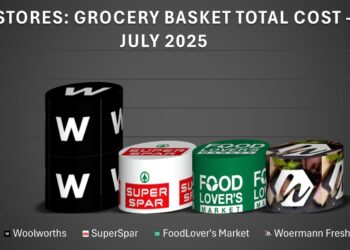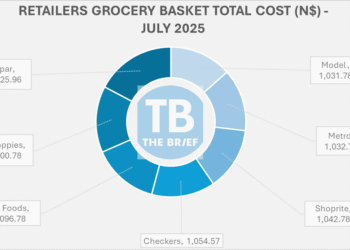
The European Union plans to introduce carbon emission taxation will hurt African economies significantly and unfairly, the African Climate Foundation Council Member, Prof. Carlos Lopes has warned.
The EU is proposing a Carbon Border Adjustment Mechanism as a climate measure that is expected to discourage the importation of goods produced through carbon intensive manufacturing methods.
A carbon border adjustment certificate will be issued to importers based on an integrated emission intensity of that product and tax penalties will be applied.
The proposal is part of what the EU calls the European Green Deal, aimed at achieving a 55% reduction in carbon emissions compared to 1990 levels by 2030, and to become climate-neutral by 2050.
The Carbon Border Adjustment Mechanism could take effect as early as 2026.
But discussing the implications on the first episode of the African Climate Foundation’s (ACF) Podcast Series titled Africa’s Voices: Messages for the COP, Prof. Carlos Lopes called it “the most threatening development†in climate change talks as far as African countries are concerned.
He said because Africa is the least contributor to the looming ecological disaster of climate change, it should not suffer the most from international policies and agreements designed to address the problem of climate change.
But this is what the European Green Deal will do to African economies and exporters, he indicated.
The Cape Town University Professor and former Executive Secretary of the United Nations Economic Commission for Africa (UNECA) also pointed out that the EU is Africa’s biggest trading partner with 40% of exports of oil dependent African countries comes from fossil fuel which means that exports from Africa would become costly and therefore unattractive to consumers and discouraging to exporters.
“Those economies such as DR Congo that are mineral rich that have promising opportunities in the future are going to be deeply affected by whatever decision taken by the number one trading partner,†the ACF Advisory Council member said.
Prof. Lopes called the European Green Deal a “new form of protectionism†that gives wealthy nations that can afford to finance green developments an unfair advantage over African countries that cannot afford the huge financial burden of retrofitting their economies green.-ghanareport
Â











